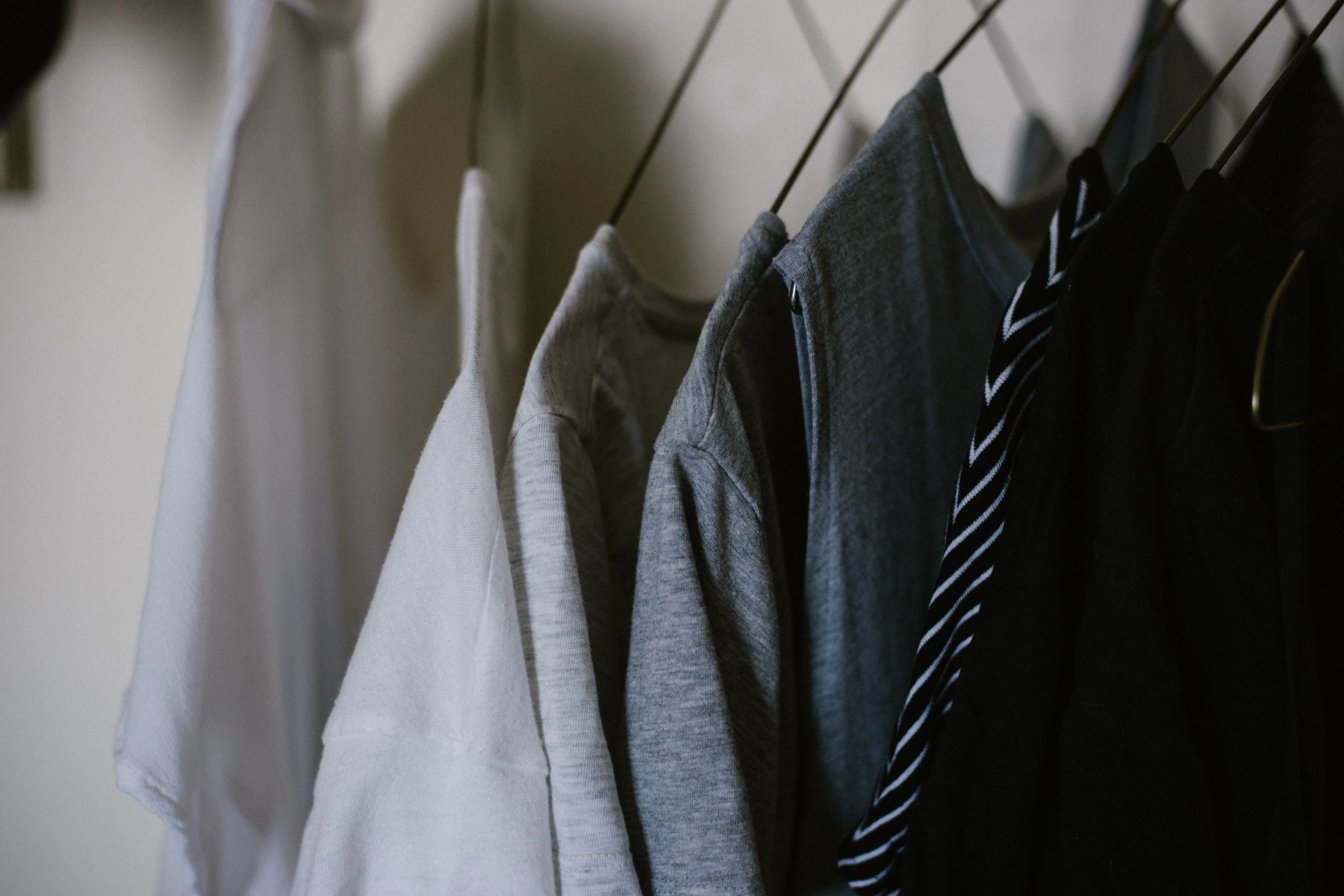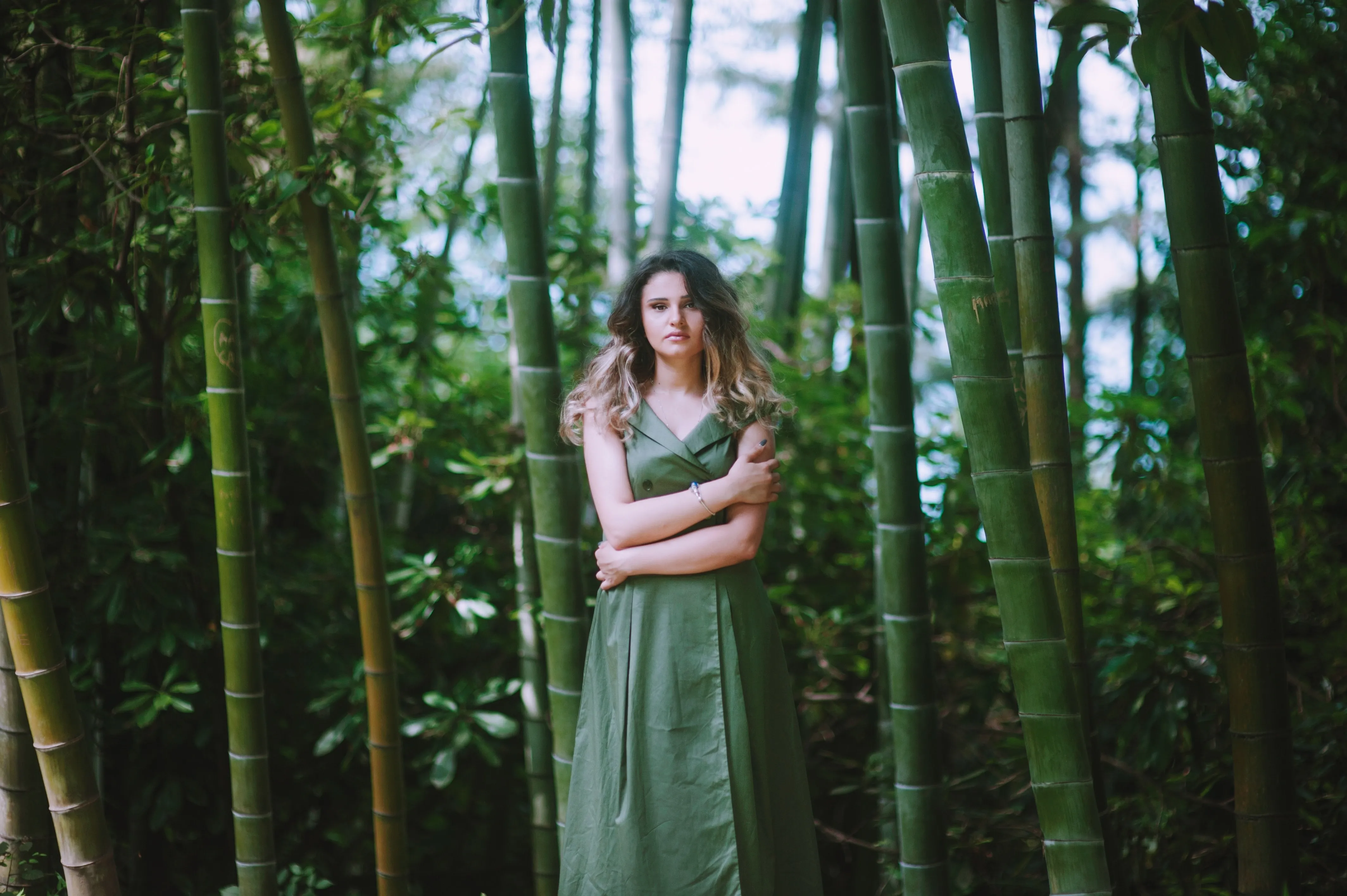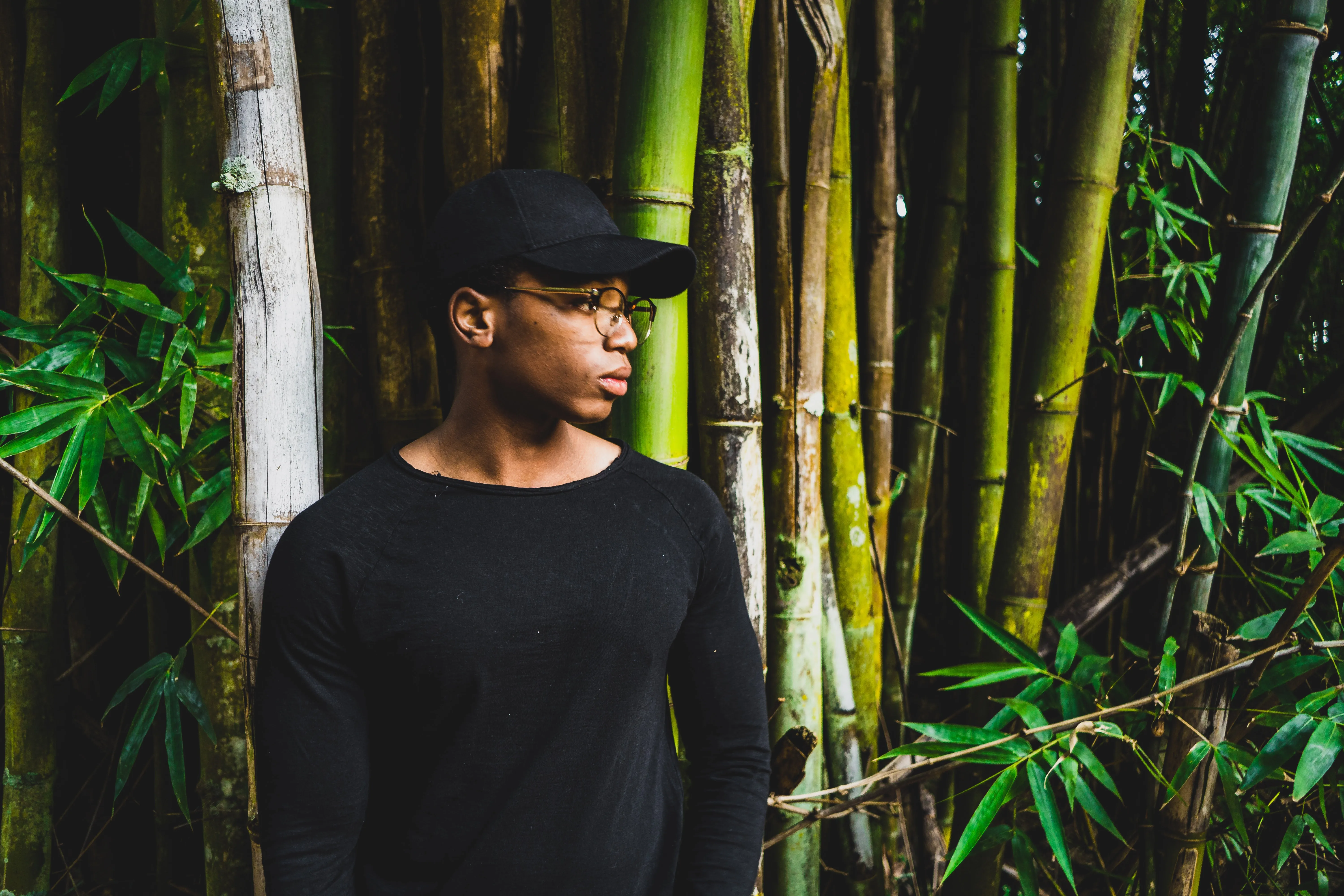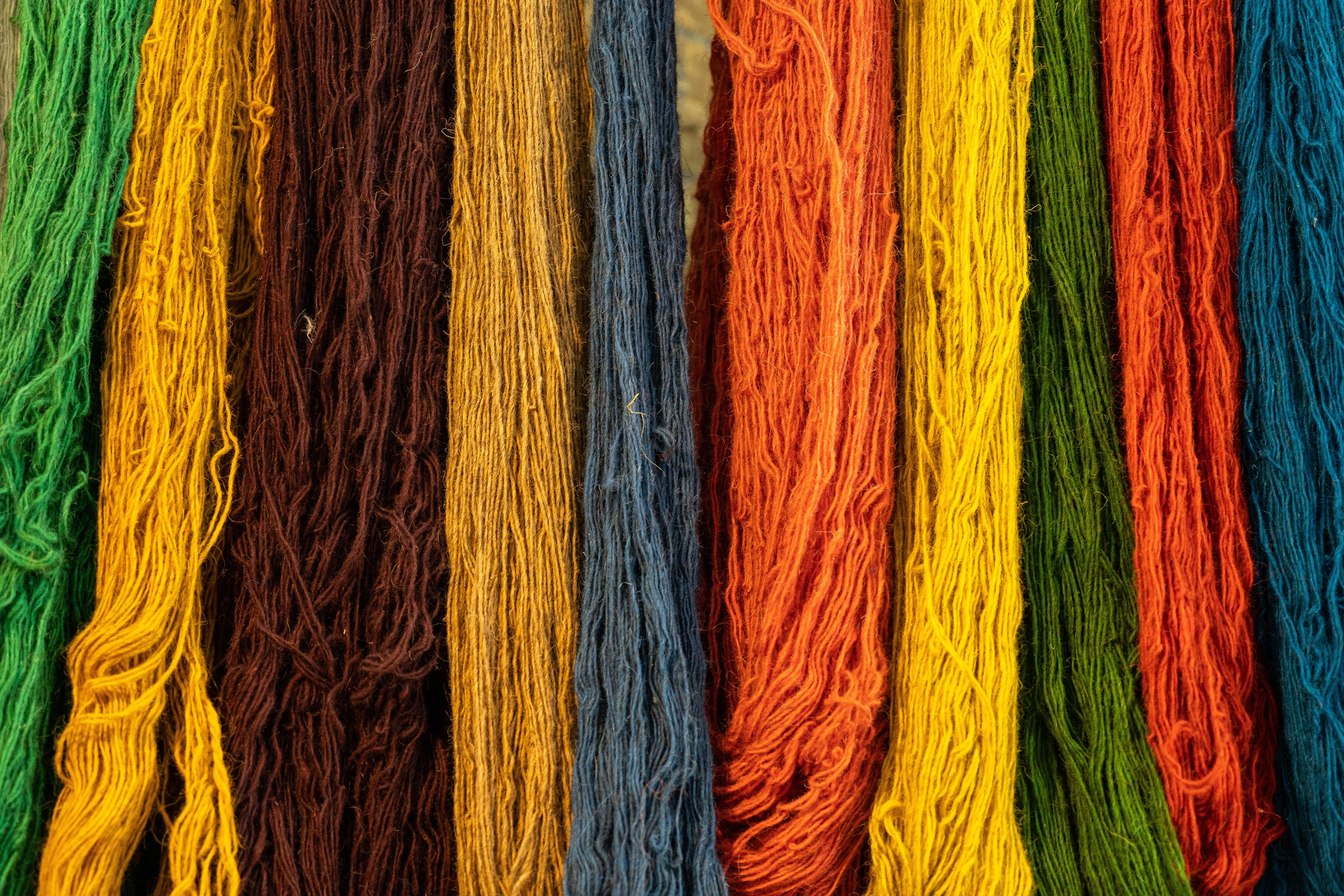Bamboo Textiles and Fashion: Discussing the Eco-Friendly Aspects of Bamboo Fabric and its Application in the Fashion Industry.
- Introduction
Bamboo textiles have been making waves in the fashion industry as an eco-friendly alternative to conventional fabrics.
In this blog, we delve into the world of bamboo textiles and explore their sustainable qualities.
From its cultivation to its application in fashion, bamboo fabric offers a range of benefits that make it an attractive choice for eco-conscious consumers.
Join us as we uncover the eco-friendly aspects of bamboo fabric and its exciting role in the fashion industry.
- Sustainability of Bamboo Fabric
Bamboo fabric is celebrated for its sustainable attributes. Bamboo plants grow rapidly without the need for fertilizers or pesticides, reducing environmental impact.
The cultivation of bamboo requires minimal water compared to conventional crops, making it a water-efficient choice. Additionally, bamboo's natural regenerative properties allow for continuous growth and harvesting without the need for replanting.
By choosing bamboo textiles, fashion enthusiasts can embrace sustainable and environmentally conscious clothing options.

- Softness and Comfort
Bamboo fabric offers exceptional softness and comfort, making it a favourite among eco-conscious fashion lovers. The fibres of bamboo fabric are naturally smooth and round, resulting in a luxuriously soft texture against the skin.
Bamboo textiles also have excellent moisture-wicking properties, keeping the body cool and dry in warm weather and providing insulation in colder temperatures. The breathability and comfort of bamboo fabric make it an ideal choice for clothing, including activewear, loungewear, and everyday essentials.
- Antibacterial and Hypoallergenic Properties
One of the unique qualities of bamboo fabric is its natural antibacterial and hypoallergenic properties.
Bamboo contains a natural bio-agent called bamboo kun, which helps inhibit the growth of bacteria and fungi, making it naturally odour-resistant. This makes bamboo textiles an excellent choice for activewear, socks, and other garments that require odour control.
Additionally, bamboo fabric is hypoallergenic and gentle on sensitive skin, making it suitable for individuals with allergies or skin sensitivities.

- Versatility and Fashion Applications
Bamboo fabric has gained popularity not only for its eco-friendly nature but also for its versatility in fashion applications.
It can be transformed into various types of textiles, including bamboo viscose, bamboo linen, and bamboo blends with other fibres.
Bamboo fabric is used in a wide range of clothing items, from t-shirts and dresses to activewear and lingerie. Its drape, softness, and breathability make it suitable for both casual and high-end fashion.
With bamboo textiles, we can embrace sustainable fashion without compromising on style or quality. Bamboo textiles have become a go-to choice for sustainable fashion brands committed to ethical and eco-friendly practices.

- Environmental Benefits
Opting for bamboo textiles in fashion contributes to several environmental benefits.
Bamboo requires significantly less water compared to cotton, a water-intensive crop. It also has a higher yield per acre, reducing the need for extensive land use.
Furthermore, bamboo plantations can absorb more carbon dioxide and release more oxygen compared to other types of plants, contributing to climate change mitigation.
By embracing bamboo fabrics, we can support a more sustainable fashion industry that minimizes environmental impact.

